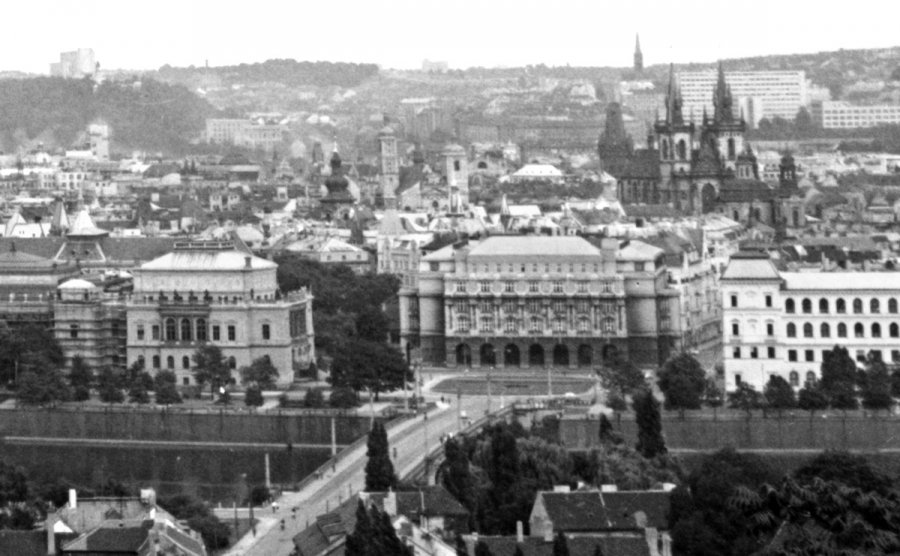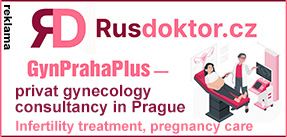Education system in the Czech Republic
Pre-school education is generally organised for children between the ages of 3 and 6. It is also possible to start kindergarten from the age of 2, but there is no legal basis for this, and if a kindergarten accepts children from the age of 2 to 3, it must also provide appropriate conditions for their admission, which are described in special materials published on the website of the Ministry of Education, Youth and Sports.
Pre-school education in the Czech Republic is currently compulsory only for children who will have reached the age of 5 by the beginning of the new school year. This means that every child over the age of 5 must attend kindergarten for one year immediately before starting primary school. This year of preschool education is free of charge.
Amendments to the Education Act provide for the right of a child who has reached the age of 4 to attend kindergarten in the place of residence.
The school system in the Czech Republic is divided into three levels: Level I: grades 1–5, Level II: grades 6–9, Level III: secondary school.
Primary school includes levels I and II.
Children of all foreign nationals residing in the Czech Republic are required by law to attend primary school. Compulsory schooling starts at the age of 6 and lasts for nine years.
If your child is not yet ready for school and will turn 6 in the coming school year, you can apply for a one-year deferment.
According to the law, a child’s lack of knowledge or insufficient knowledge of the Czech language cannot be an obstacle to his or her enrolment in a primary school. The school must do everything possible to teach your child the Czech language.
The first level of primary school (základní škola — ZŠ) lasts five years and teaches basic skills, abilities and knowledge that will influence the success of future studies.
The second level of primary school lasts four years and the list of subjects studied is extended and some subjects are studied in an advanced form.
After successfully completing the first level of primary education, students can continue their studies at the upper secondary level.
It is possible to enter an 8‑year upper secondary school after the fifth year of primary school, a 6‑year upper secondary school after the seventh year and a 4-year upper secondary school after
the ninth year of primary school.
Graduates of a gymnasium or secondary school (III level) take compulsory state examinations for the Abitur.
Eight-year upper secondary schools combine the II and III levels of education. Children who have completed 9 grades (II level of school education) may continue their studies at the III level of education at a secondary school (střední škola — SŠ) or at a gymnasium with a 4‑year course of study and, after graduation, take state examinations and enter a higher education institution.
After completing a full course of study at a gymnasium, a specialised secondary school or a college and passing the maturita exam, young people can enter a higher education institution.
Studying at state universities is free of charge.
Higher education in the Czech Republic is divided into two levels: bachelor’s and master’s degrees. Bachelor’s degrees take three years to complete at institutes, universities and academies, while master’s degrees can only be completed at a university or academy. They take a further two years to complete.
After completing a Master’s degree, you can continue your studies at postgraduate level.
Text and photo: Boris Kogut.









